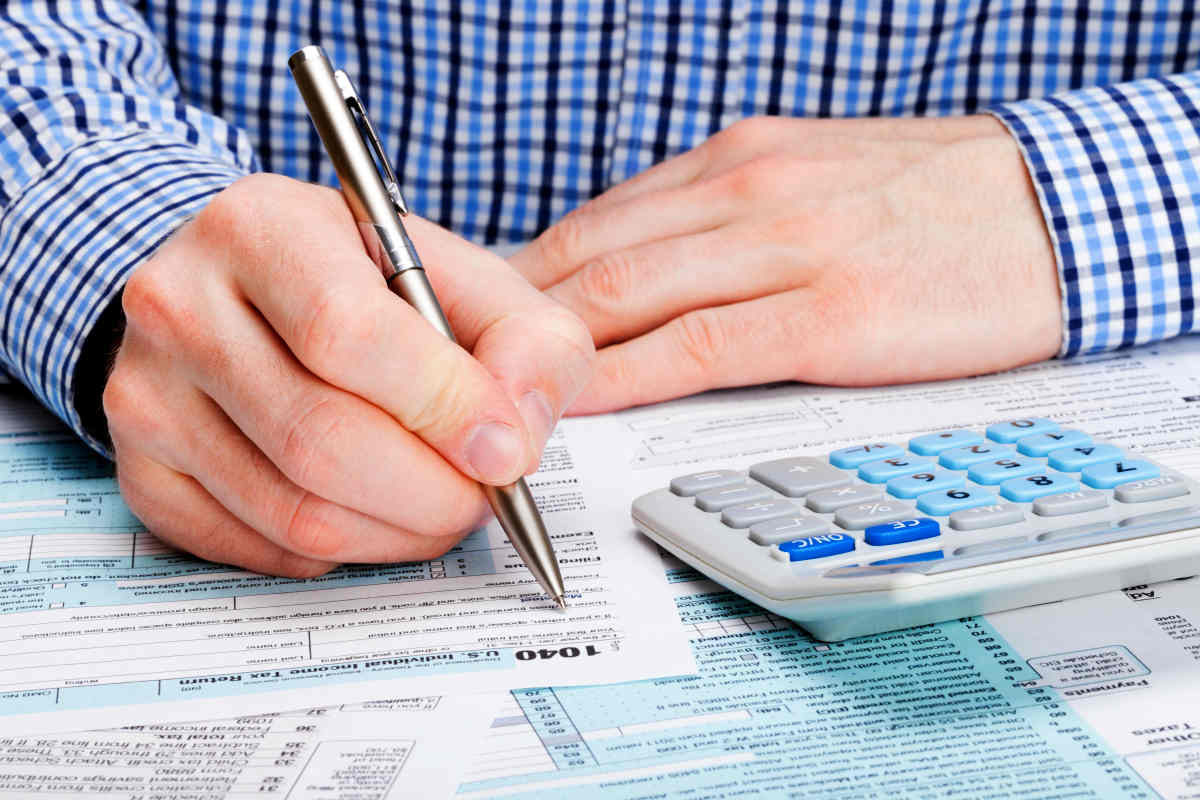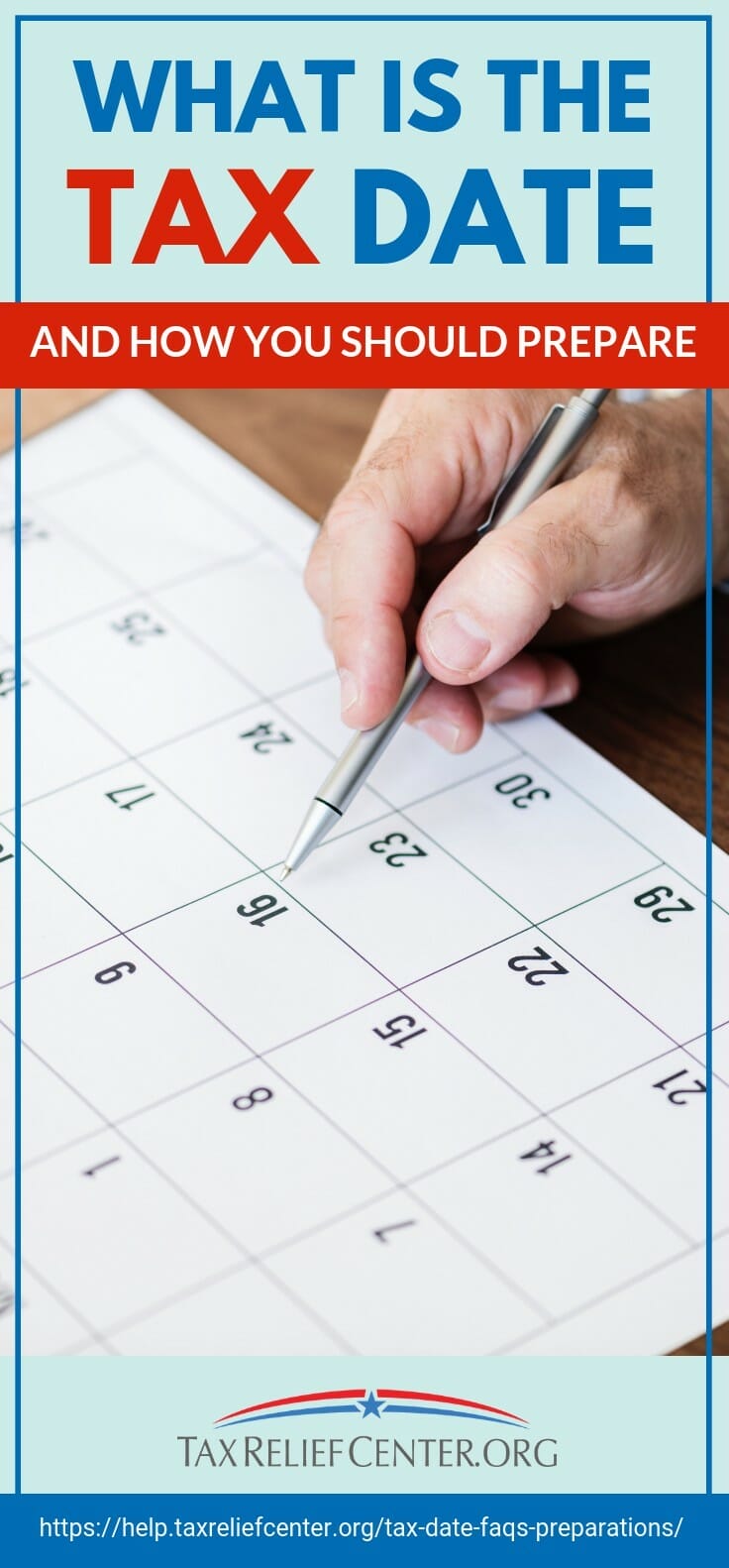Knowing the tax date matters. And there is a reason why it is such a big deal for all taxpayers in the U.S. Do you know how much you will lose just paying penalties for missing deadlines in filing and paying taxes? So, continue reading to know what the deadline for filing taxes is and how to keep track of the tax due date.
Information on Tax Date | Frequently Asked Questions
In this article:
- When Is the Deadline to File Taxes?
- What Happens When I Don’t File Tax Returns on Time?
- What Happens When I Don’t Pay Taxes on Time?
- Are There Other Tax Dates That I Should Remember?
- When Can I Start Preparing Tax Returns?
- What Should I Do to Keep on Track of the Tax Date?
1. When Is the Deadline to File Taxes?
Since 1955, the U.S. federal government has set the deadline for filing of income tax returns on April 15. This is the reason why most Americans refer to April 15 as Tax Day. This applies to all taxpayers living in the United States, as well as to those who live in U.S. territories such as Puerto Rico.
This date, however, is not religiously observed every year. If April 15 falls on a Friday, the deadline is moved to a Monday. If it falls on a weekend, the deadline is moved to a Tuesday. If it falls on a holiday (such as the Emancipation Day, which is usually observed on the weekday closest to April 16), the deadline is moved the following weekday.
2. What Happens When I Don’t File Tax Returns on Time?
If a taxpayer misses the deadline, the Internal Revenue Service (IRS) will charge him a failure-to-file penalty. This penalty is equivalent to 5% of the taxes for each month it remains unfiled. The amount will not exceed 25% of the unpaid taxes.
If the delay in tax filing exceeds 60 days, the minimum penalty for late filing is either $135 or the full unpaid tax — whichever is less.
3. What Happens When I Don’t Pay Taxes on Time?
Failure to pay taxes on time will also merit a penalty. The penalty is 0.5% of the unpaid taxes for each unsettled month. The penalty may reach up to 25% of the unpaid taxes.
According to the IRS, failure-to-pay penalties are most of the time lighter than failure-to-file penalties. That is why it is better for taxpayers to file their tax returns even if they cannot pay their dues in full yet.
4. Are There Other Tax Dates That I Should Remember?
According to the Internal Revenue Service, here are some important dates taxpayers have to keep in mind:
- every 10th of the month – reporting of tips to employers using Form 4070
- January 17 – deadline for filing Form 1040-ES (for those who do not pay income tax through withholding)
- February 28 – deadline for businesses to file Forms 1099 and 1096
- February 28 – deadline for farmers and fishermen to file Form 1040
- March 15 – deadline for corporate tax returns
- March 31 – deadline for electronic filing of Forms 1097, 1098, 1099, 3921, 3922, and W-2GS
- October 16 – last day to file a federal income tax return (for those who applied for an extension)
5. When Can I Start Preparing Tax Returns?
Taxpayers can start preparing tax declarations as early as January. The IRS announces the date when it will start accepting applications for tax returns. For the 2017 tax returns, the IRS opened the filing of tax returns on January 29, 2018.
6. What Should I Do to Keep Track of the Tax Date?
Here are some things you can do to avoid forgetting a tax due date:
- Mark your calendars. Make a visible reminder of these dates to keep you on track. This will prevent you from losing track of time and having to pay penalties later on.
- Check out for announcements related to tax filing. Make sure to follow updates from IRS via news or its social media pages.
- Call the IRS to inquire about estimated tax dues. You may reach Internal Revenue Service at 1-800-829-1040 and speak to their available agents. Tell the agents you want to extend the deadlines and the estimated amounts of tax payments you have to make.
If you think you really won’t make it in time for the tax date, this video by Fox 47 News tells you what to do:
It is extremely important to understand the importance of observing and following the tax date. Not only will it make you a good law-abiding U.S. citizen, but it will also prevent you from wasting money on unwanted penalties because you missed a tax due date.
Have you experienced missing out on a tax deadline? If yes, share with us what it was like in the comments section below.
Up Next: Return Taxes Frequently Asked Questions | Where Is My Tax Refund?




